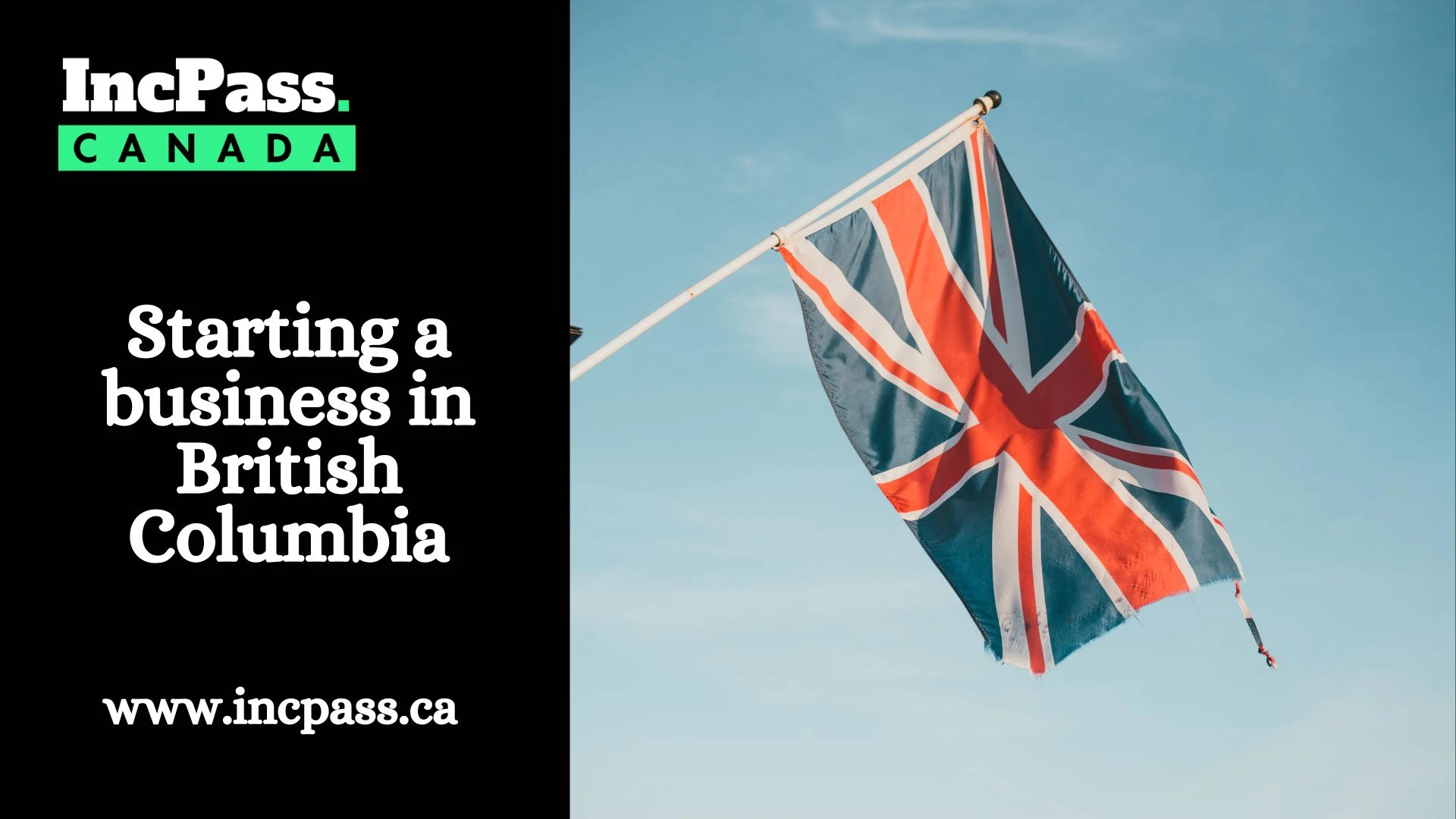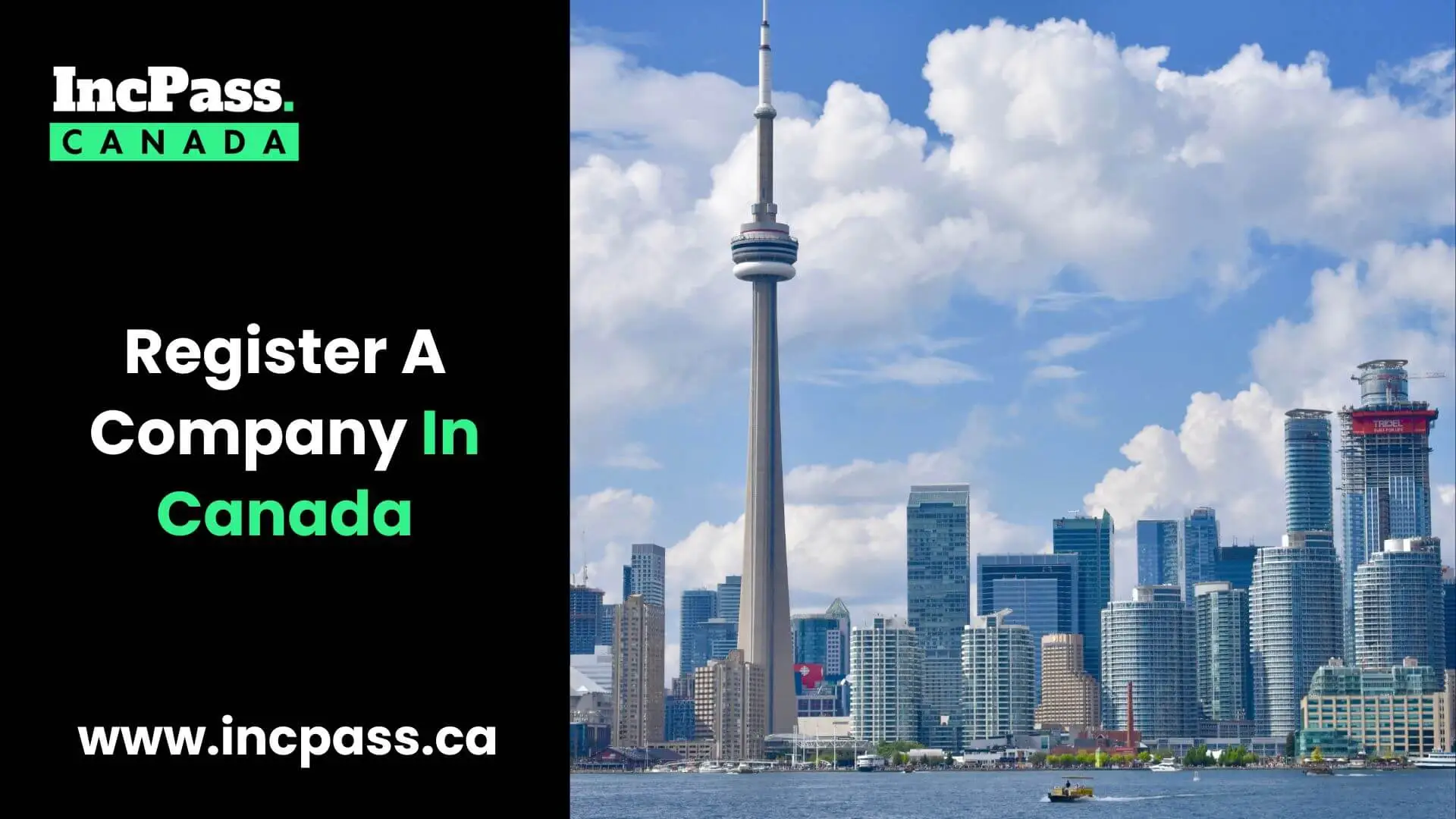5+ Most Asked Questions Regarding Incorporating in Canada
How to Acquire GST/HST Number in Canada?
If your business meets the criteria for GST/HST registration, obtaining a GST/HST number is a crucial step. This number allows you to collect and remit the Goods and Services Tax (GST) or Harmonized Sales Tax (HST) on behalf of the government.
Eligibility:
- You generally need to register if your business makes more than $30,000 in a calendar quarter or over a four-quarter period.
- Voluntary registration is also an option, allowing you to claim input tax credits (ITCs) on business purchases.
Registration Methods:
- Online: This is the quickest method through the Business Registration Online (BRO) service. You can register for a Business Number (BN) first, which is often required for a GST/HST account.
- Phone: Contact the CRA Small Business Team at 1-800-959-5525 to register by phone.
- Mail: Download and mail the request form for a Business Number.
How to register or incorporate my company in Canada?
Once you’ve decided on the appropriate business structure, the next step is to officially register or incorporate your company. While the process may seem daunting, there are solutions available to streamline the journey.
Incpass Canada, a one-stop service designed to simplify the incorporation process. Rather than navigating the complexities alone through government websites, Incpass Canada offers a comprehensive package tailored to your needs. From preparing the necessary articles of incorporation to ensuring legal compliance, Incpass Canada takes the burden off your shoulders, saving you time and resources.
Incorporating through traditional means often requires engaging a lawyer, which can significantly increase your costs. Incpass Canada’s streamlined approach eliminates the need for expensive legal services, making incorporation accessible and affordable.
What is the difference between a corporation and a sole proprietorship?
One of the most fundamental decisions you’ll face is whether to operate as a sole proprietorship or incorporate your business. This choice has far-reaching implications, and understanding the nuances is crucial.
A sole proprietorship is the simplest business structure, where you, the owner, are the sole proprietor. In this setup, there is no legal distinction between you and your business – you assume all responsibilities, profits, and debts. It’s a straightforward option for those just starting out or running a small-scale operation.
On the other hand, corporation involves creating a separate legal entity distinct from yourself. This entity, often referred to as a corporation or a company, exists independently and has its own rights, responsibilities, and liabilities. Incorporation offers several benefits, including:
- Limited Liability: Your personal assets are shielded from the company’s debts and liabilities, mitigating financial risk.
- Tax Advantages: Corporations are subject to different tax rates and deductions, which can be advantageous in certain circumstances.
- Credibility and Funding: Investors and lenders often perceive incorporated businesses as more credible and established, potentially facilitating access to funding.
The choice between a sole proprietorship and incorporation depends on your specific business goals, risk tolerance, and growth aspirations. It’s crucial to weigh the pros and cons carefully and seek professional advice if needed.
What is the difference between Provincial Incorporation and Extra-Provincial Incorporation?
- Provincial Incorporation: This refers to incorporating your business within a specific province of Canada. It allows you to operate legally within that province only.
- Extra-Provincial Registration: This applies if you’ve already incorporated your business in a province (or federally) and now want to operate in another province. It’s essentially a registration process with the new province, allowing your existing corporation to conduct business there.
Here’s a table summarizing the key differences:
| Feature | Provincial Incorporation | Extra-Provincial Registration |
| Purpose | Operate in one province | Operate in an additional province |
| Initial Incorporation | Yes | No (requires existing provincial or federal incorporation) |
| Business Reach | Limited to one province | Expands reach to another province |
| Name Protection | Protected within province | No additional protection (unless you register the name separately in the new province) |
| Cost | Typically lower | Additional fees for registration |
| Complexity | Less complex | Simpler process than incorporation |
What is the difference between Numbered and Named Incorporation?
When incorporating your business, you’ll encounter the choice between a named or numbered incorporation. Understanding the distinction is crucial for making an informed decision.
A named corporation follows a traditional naming convention, such as “GoodsOnDemand Inc.” or “GoodsOnDemand Corp.” Legally, a named company must include three elements: a distinctive element, a descriptive element, and a legal ending (e.g., Inc., Corp., Ltd.).
In contrast, a numbered corporation forgoes a traditional name and is identified by a unique number assigned by the government. While you can operate under a trade name, this name must be registered with the provincial government.
Both options have their advantages and drawbacks. A named company may be more recognizable and memorable, while a numbered company offers greater flexibility in choosing a trade name and potential privacy benefits.
What is NUANS report and How to Check it?
Before finalizing your business name, you’ll need to conduct a NUANS (Newly Upgraded Automated Name Search) search. This process ensures that your proposed name doesn’t conflict with existing registered businesses or trademarks, preventing potential legal issues down the line.
The NUANS report is a comprehensive document outlining similar names to the one you’ve proposed. Deciphering this report can be a daunting task, as it typically spans six or seven pages filled with technical jargon and legal terminology.
When you incorporate with Incpass Canada, however, you’ll have access to a user-friendly live naming tool that simplifies the process. Additionally, Incpass Canada includes an official NUANS report as part of your incorporation package, saving you the hassle of navigating the complexities alone.
Conclusion
Registering a business in Canada may seem like a daunting task, but with the right knowledge and support, it can be a seamless and empowering experience. By understanding the nuances of sole proprietorships and incorporations, navigating the registration process, deciphering business naming requirements, and obtaining necessary tax numbers, you’ll be well-equipped to take your entrepreneurial aspirations to new heights.
Remember, at Incpass Canada, we’re committed to simplifying the complexities of business registration, ensuring that you can focus on what truly matters – turning your vision into a thriving reality. So, what are you waiting for? Embrace the entrepreneurial spirit, and let Incpass Canada be your trusted companion on this exciting journey.





